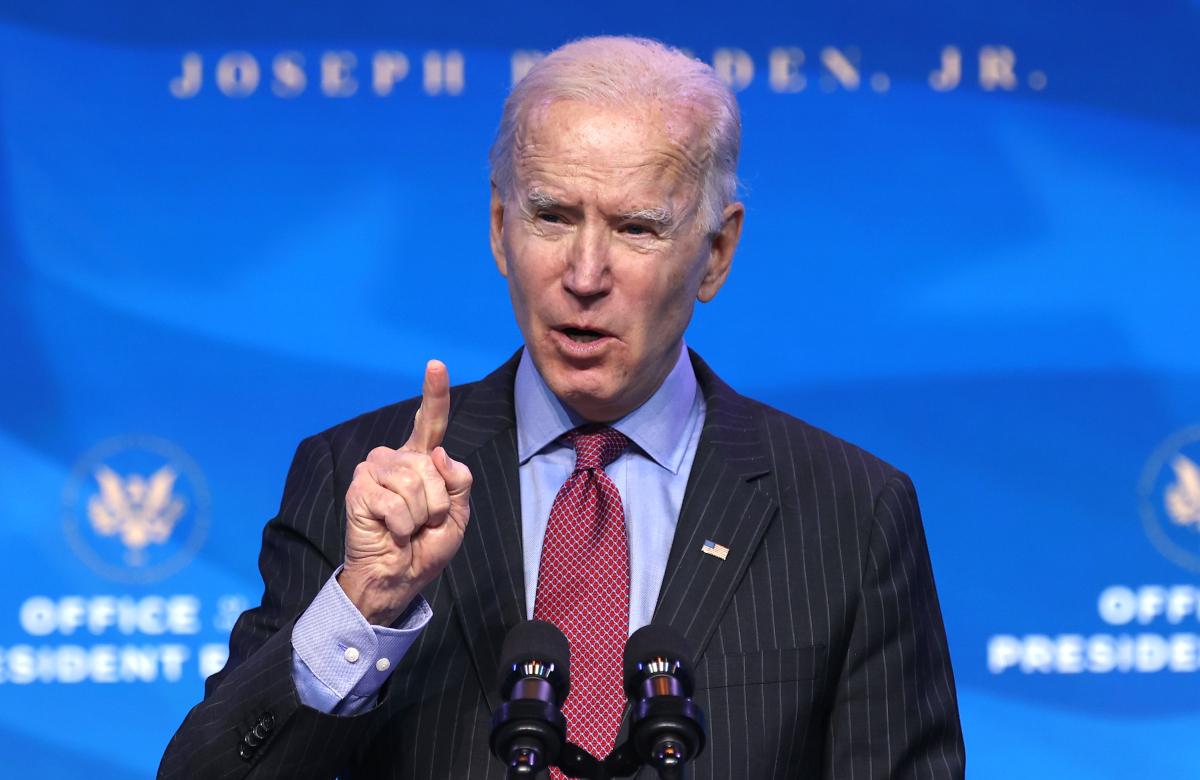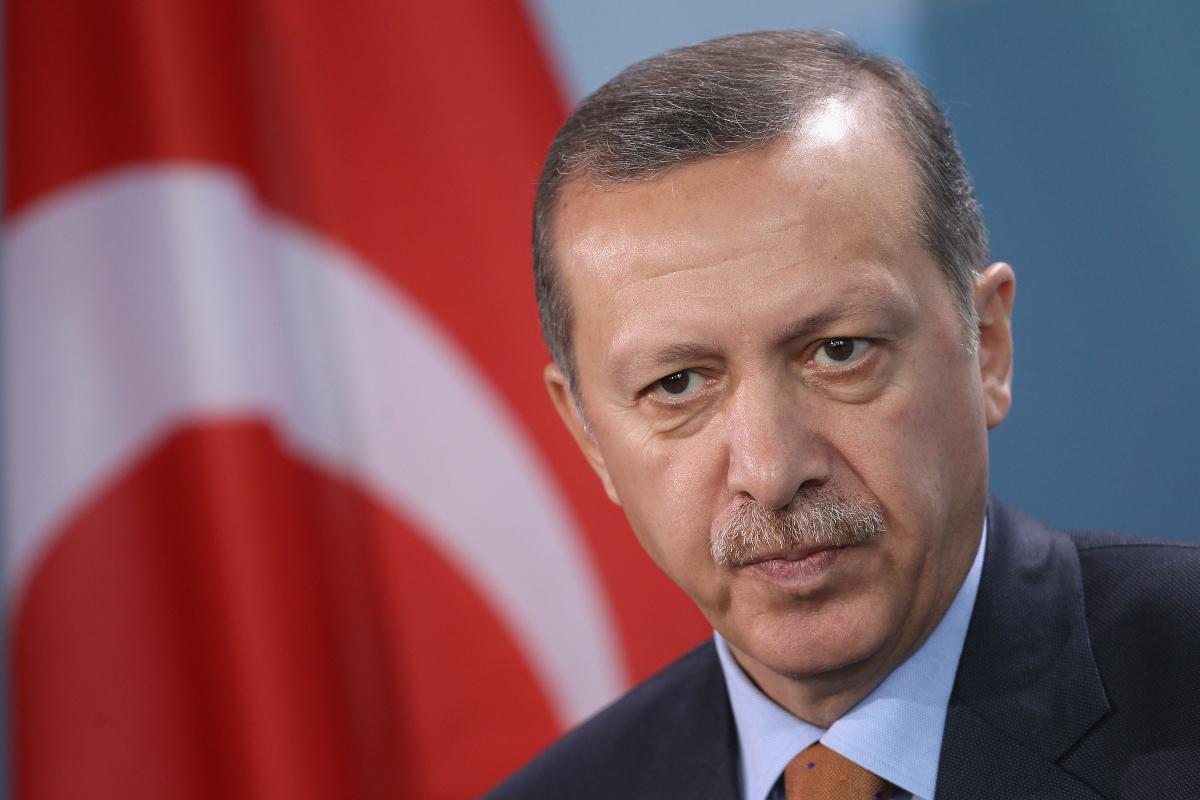Biden’s Democracy Summit Kicks Off: Some Countries Aren't Invited
President Joe Biden is holding a democracy summit, which starts on Dec. 9. Which countries haven't been invited to Biden’s democracy summit?
Dec. 9 2021, Published 9:46 a.m. ET
Holding a summit of democracies was one of the ideas that President Joe Biden talked about in his campaign. While former president Donald Trump alienated allies through his trade war, Biden is taking a different approach. He's working on a global coalition to take on adversaries, especially China. Which countries haven't been invited to Biden’s democracy summit that kicked off on Dec. 9?
Holding a democracy summit is one of the aspects where Biden’s policies differ from Trump, who took on China alone in the trade war. Another notable difference between the Biden administration and the Trump administration has been the energy policy. Biden is doubling down on green energy transition.
Biden is working to build bipartisan support to tackle China.
In a polarized world, it's tough to build bipartisan support. However, there's nearly a consensus that China is the biggest threat to the U.S. strategically even though Biden favors taking allies along, while Trump went solo.
If anything, Biden has continued Trump’s policy of taking on China and even strengthened the Quad, which includes India, the U.S., Japan, and Australia, to tackle China’s hegemonic designs in the Indo-Pacific region.
Which countries are attending the summit?
The western democracies are all part of the summit as well as Asian democracies Japan and South Korea. Taiwan was a surprise inclusion. While the country is a flourishing democracy, the U.S. doesn't recognize Taiwan as a separate country since it adheres to the “One China policy.”
Some controversial countries are on the list.
Many people think that some countries shouldn't be on the list. For example, Pakistan has been ruled by the army for a large part of its history and it's largely believed that the current government was “selected” by the army to lead the country. Pakistan’s role in Afghanistan has also been under a scanner.
Some people even question the inclusion of neighbor India, whose status was downgraded to “partially free” by Freedom House. Similarly, Brazil’s Jair Bolsonaro isn't a shining example of a democratic leader, but Brazil was invited to the summit.
Certain countries were excluded from the democracy summit.
Some countries were never going to be part of the democracy summit. For example, China wasn't included. Also, Russia, while being a democracy, has been run by President Vladimir Putin in one way or the other for two decades. Iran wasn't invited to the summit since the clergy holds power in the Islamist country.
In Asia, countries including Myanmar, Vietnam, Laos, Thailand, and Cambodia weren't invited. Many CIS (Commonwealth of Independent States) countries including Kazakhstan, Turkmenistan, Kyrgyzstan, and Uzbekistan also weren't invited. In Africa, 38 of the 54 countries weren't on the list. In the Middle East, Saudi Arabia and Oman weren't invited, even though they're staunch U.S. allies.
Why did some countries not make it on the list?
There were some surprise exclusions. For example, Bangladesh wasn't been invited to the summit even though its track record as a democracy is far better than Pakistan from which it separated in 1971.
Hungary and Turkey are the two other surprise exclusions and they're NATO allies. Under the leadership of Viktor Orban and Recep Tayyip Erdogan, respectively, the democratic values in Hungary and Turkey have come down.
While Biden drew a line between which democracies got invited to the democracy summit, it doesn't seem to be a rule-based decision. Apart from democratic values, strategic factors also played a role in who got invited to the summit.
Similarly, the invitees have also looked at their strategic priorities. Pakistan, which for all practical purposes is a client state of China now, isn't participating in the summit.



